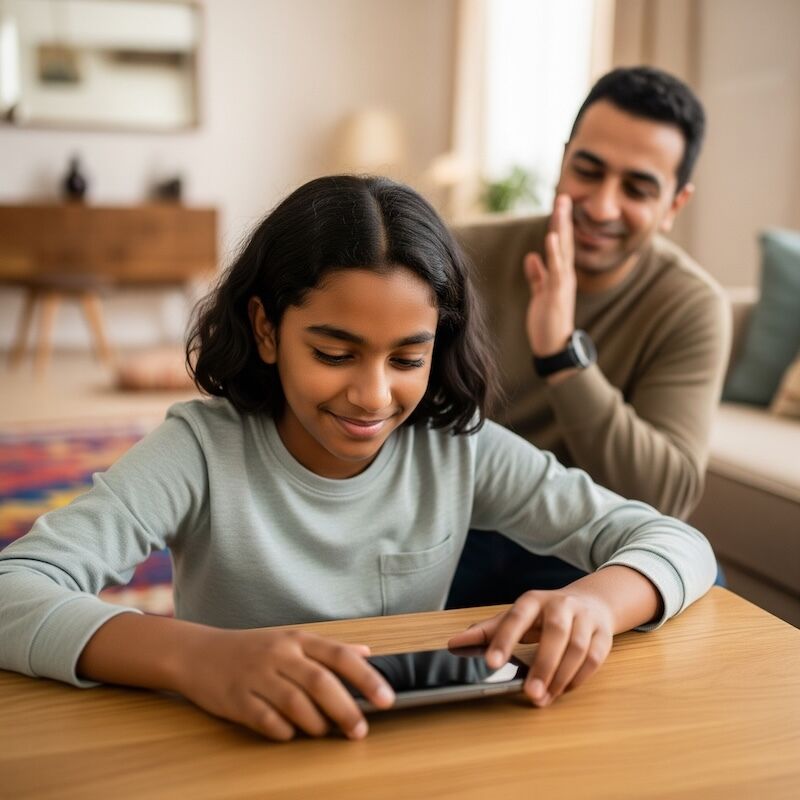Lately, it feels like every meal, car ride or family gathering comes with background noise—teenagers scrolling, swiping, signing in and out. But what if that soundtrack is changing? According to a Guardian report, roughly 40% of 12‑ to 15‑year‑olds across 18 countries intentionally take breaks from their phones—not because their parents demand it, but because they feel the need.
That’s right: our teens are rebelling against the digital tsunami. They’re deleting apps, muting notifications, creating “tech-free zones” in their minds and homes. In Egypt, where connectivity is high and communal spaces blend with online ones, this insight hits close to home. These young people are pushing back, saying loud and clear: “Enough.”
So why now? A mix of awareness, discomfort, and agency. One teenager called their phone “exhausting”—not the latest distracting toy, but a burden. It’s rebellion, yes, but rebellion with purpose. They’re tuning out to tune in: to sleep, focus, real conversations, mental safety.
This isn’t a parenting crisis—it’s an invitation. Our kids are raising a flag, asking to lead on their own mental boundaries. And they’re pointing the way for us: model it. Show up at dinner with a switched‑off phone. Invite them to unplug with you. Share your own phone‑cut‑off experiment. Create rituals: Sunday‑morning coffee without screens, or pre‑homework check‑in that’s offline only.
Let’s also talk tools. Social media platforms often reward endless scrolling. By helping teens customize notifications, delete compulsive apps or set intentional use times, we don’t just restrict—we equip them. That’s digital literacy in action: teaching them why and how their devices nudge, distract and demand, and helping them push back.
And yes, there might be pushback. Emotions flare when the screen goes dark. Some teens might panic, feel left out or anxious. That’s normal. It’s like pulling away the training wheels: scary at first, but freedom follows.
So here’s the bottom line: Parenting today isn’t about control—it’s about co‑creating healthy habits. If teens are saying no to their phones, maybe it’s our turn to listen, follow and learn. Because when devices dim, real life often brightens.
It starts with an invitation, not an order. “Want to join me for a screen-free dinner tonight?”
Let them lead. And watch how life, conversation—and connection—come roaring back.







Leave a Reply
You must be logged in to post a comment.